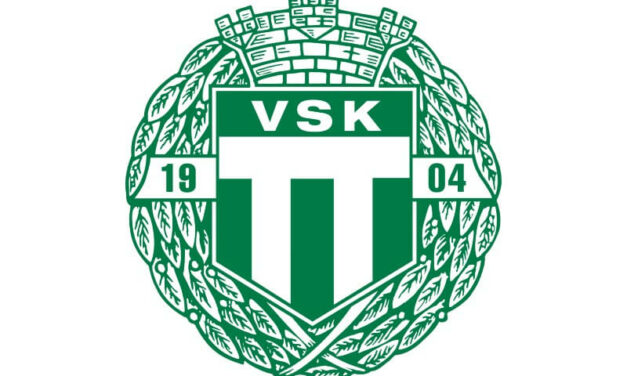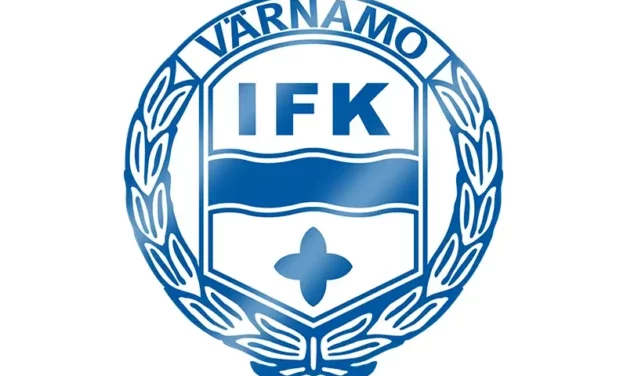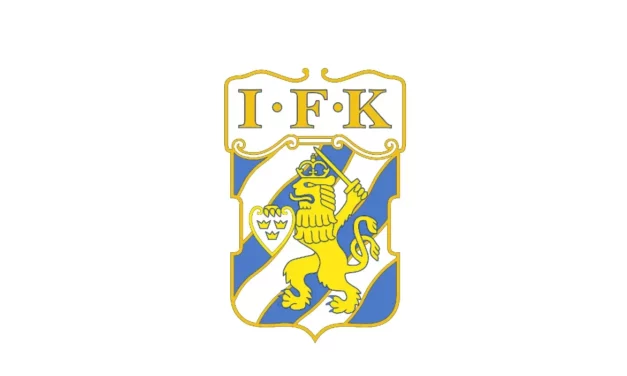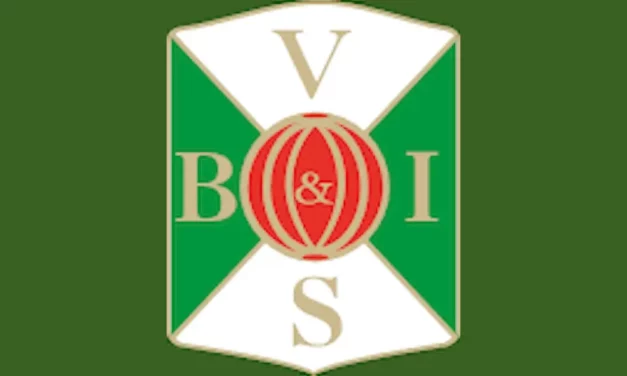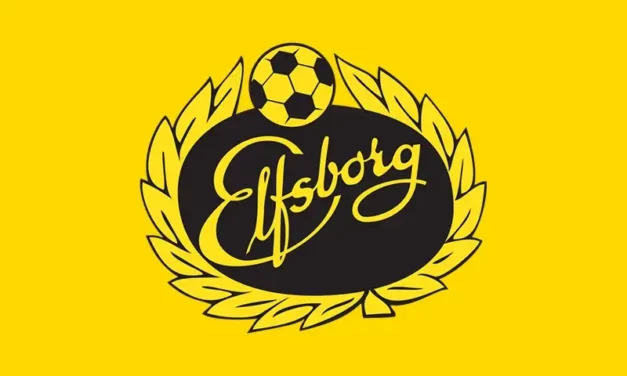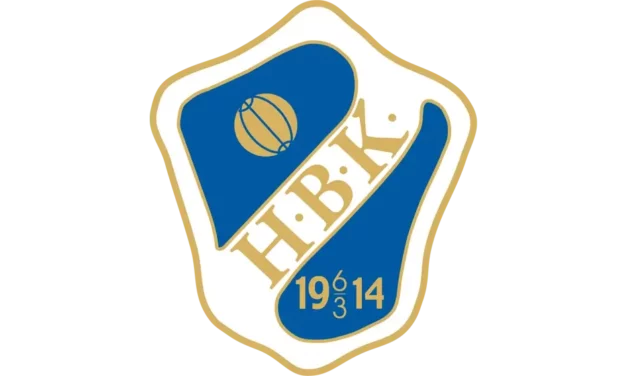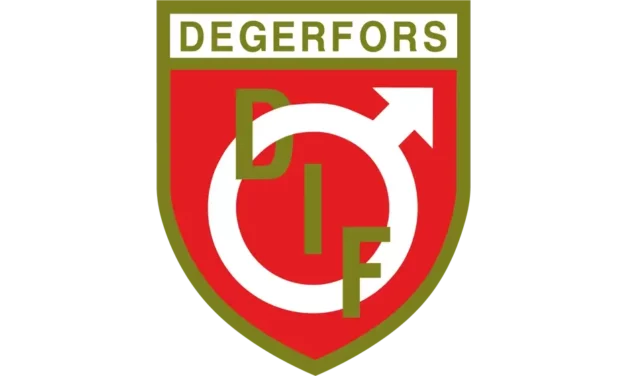Category: Football
- 1
- 2
Everything you need to know about the Swedish football team Västerås SK
Introduction to Västerås SK football team Are you ready to dive into the thrilling world of...
Read MoreEverything you need to know about the Swedish football team IFK Värnamo
Welcome to the world of Swedish football and the exciting journey of IFK Värnamo! In this article,...
Read MoreEverything you need to know about the Swedish football team IFK Göteborg
Introduction to the Swedish football team IFK Göteborg Welcome to a comprehensive guide on...
Read MoreEverything You Need To Know About The Swedish Football Team Varbergs Bois
Hey there, football enthusiasts! Are you curious about the Swedish football team Varbergs BOIS?...
Read MoreEverything You Need To Know About The Swedish Football Team IK Sirius
If you’re a football fan, then you’ll know that some of the most exciting teams in...
Read MoreEverything You Need To Know About The Swedish Football Team If Elfsborg
Discover the secrets of the Swedish football team, Elfsborg. Learn about their journey to the top in this must-read guide!
Read MoreEverything You Need To Know About Halmstads BK
Discover the secrets of Halmstads BK – Sweden’s rising football stars. From their history to their top players, get ready to be amazed!
Read MoreEverything About Mjällby AIF
Discover all the facts on Swedish football team Mjällby AIF – from their history to their latest successes. Click to learn more.
Read MoreEverything About IFK Norrköping
Get the scoop on IFK Norrköping, Sweden’s top football team. Learn everything you need to know about these champions!
Read MoreEverything About Hammarby IF
Hammarby IF is one of Sweden’s most successful football teams. Founded in 1889, the team has...
Read MoreEverything You Need To Know About Degerfors If
Degerfors IF is one of Sweden’s most successful football teams. Founded in 1907, it has won...
Read MoreEverything About The Swedish Football Team BK Häcken
Football fans around the world know about BK Häcken, one of Sweden’s most successful clubs....
Read More
What is there to know about Swedish Football?
As a lover of football, I have always been fascinated by the history and culture of the sport in different countries. In this comprehensive guide, I will take you on a journey through the rich heritage of Swedish football. We will delve into the history of the sport in Sweden, explore the top football clubs and players, and take a closer look at the Swedish national team. Additionally, I will provide you with information on Swedish football leagues, stadiums, and how to watch the games. Join me as we celebrate the rich heritage of Swedish football.
Introduction to Swedish Football
Football, or soccer as it is known in some countries, is the most popular sport in Sweden. The sport has a long history in the country, dating back to the late 1800s when it was introduced by British sailors. Today, football is played at various levels, from amateur to professional, and is enjoyed by people of all ages.
Swedish football is known for its distinctive style of play, which is characterized by a focus on teamwork, solid defense, and quick counter-attacks. Swedish footballers are also known for their physicality and athleticism, which has earned them a reputation as tough competitors on the field.
History of Swedish Football
The history of Swedish football can be traced back to the late 1800s, when the sport was first introduced to the country by British sailors. The first Swedish football club, Örgryte IS, was founded in 1887, and by the turn of the century, the sport had gained widespread popularity across the country.
In the early years, Swedish football was played mainly by amateurs, but this changed in the 1920s when professional football was introduced. The sport continued to grow in popularity throughout the 20th century, with the formation of new clubs and the establishment of national leagues.
Swedish Football Leagues
Swedish football is organized into a series of leagues, with the highest level being the Allsvenskan. The Allsvenskan is the top professional league in Sweden, and it features 16 teams competing for the national championship.
Below the Allsvenskan is the Superettan, which is the second-tier professional league in Sweden. The Superettan features 16 teams, and the top two teams are promoted to the Allsvenskan at the end of each season.
Other notable Swedish football leagues include the Division 1, which is the third-tier league, and the Division 2 and Division 3, which are amateur leagues.
Top Swedish Football Clubs
Swedish football is home to some of the most successful and storied football clubs in Europe. One of the most successful clubs is Malmö FF, which has won 23 Allsvenskan titles and reached the European Cup final in 1979. Other top clubs include AIK, IFK Göteborg, and Djurgårdens IF.
These clubs have a rich history and passionate fan bases, and they continue to compete for national and international titles. Swedish football clubs are also known for their commitment to developing young talent, with many clubs investing heavily in their youth academies.
Swedish Football National Team
The Swedish national football team, also known as the Blågult (blue and yellow), is one of the most successful national teams in Europe. The team has qualified for 12 World Cup tournaments, finishing as runners-up in 1958, and has also reached the semi-finals of the European Championship on several occasions.
The Swedish national team is known for its solid defense and physical play, and it has produced some of the most talented footballers in the world, including Zlatan Ibrahimović, Henrik Larsson, and Freddie Ljungberg.
Famous Swedish Football Players
Swedish football has produced some of the most talented and successful football players in the world. One of the most famous players is Zlatan Ibrahimović, who is widely regarded as one of the greatest footballers of all time. Ibrahimović has won numerous titles and awards throughout his career, and he is known for his skill, strength, and athleticism on the field.
Other famous Swedish footballers include Henrik Larsson, who is considered one of the greatest strikers in the history of the sport, and Freddie Ljungberg, who played for Arsenal in the English Premier League and was known for his technical ability and creativity on the field.
Future of Swedish Football
The future of Swedish football is bright, with many talented young players coming through the ranks. Swedish football clubs continue to invest in their youth academies, and the national team is well-positioned to compete at the highest level.
Additionally, Swedish football is becoming increasingly popular around the world, with more and more fans tuning in to watch the games. This increased exposure is helping to grow the sport in Sweden and is providing additional opportunities for young players to showcase their skills.
Swedish Football Stadiums
Swedish football is played in a variety of stadiums across the country, from small local pitches to large, modern arenas. One of the most famous stadiums is the Friends Arena in Stockholm, which is the largest football stadium in Sweden and is home to the Swedish national team.
Other notable stadiums include the Gamla Ullevi in Gothenburg, which is home to IFK Göteborg, and the Swedbank Stadion in Malmö, which is home to Malmö FF.
How to Watch Swedish Football
Swedish football can be watched on a variety of platforms, including traditional television, streaming services, and online platforms. Some of the most popular ways to watch Swedish football include the streaming service Viaplay and the television channel C More.
Additionally, many Swedish football clubs offer their own streaming services, which allow fans to watch their favorite teams play live from anywhere in the world.
Conclusion - Celebrating the Rich Heritage of Swedish Football
Swedish football has a rich and storied history, and it continues to be one of the most popular sports in the country. From the top professional leagues to the talented national team, Swedish football is a source of pride for fans across the country.
As we have seen, Swedish football is known for its distinctive style of play, talented players, and passionate fan base. Whether you are a lifelong fan or a newcomer to the sport, there is always something to love about Swedish football.
So let us celebrate the rich heritage of Swedish football, and look forward to the exciting future ahead.

